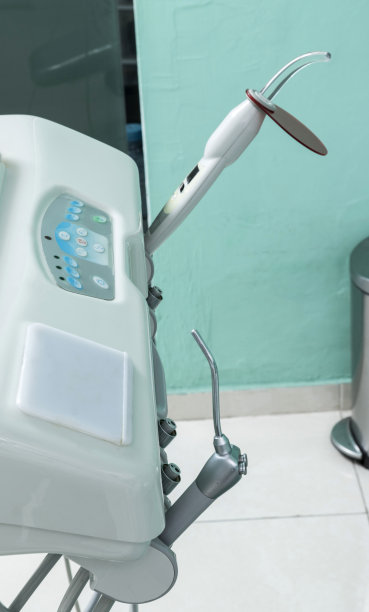Essential Precautions to Take Before and After Dental Fillings for Optimal Oral Health and Recovery
Summary: Dental fillings are a common solution for cavities, but preparing adequately for the procedure and understanding the post-treatment care can make a significant difference in recovery and overall oral health. This article outlines essential precautions to take before and after dental fillings. We will explore the need for consultation and dental records, dietary considerations, proper oral hygiene, and the importance of follow-up care. By adhering to these precautions, patients can ensure a smoother experience during the filling process and a prompt recovery afterward, enabling optimal oral health.
1. Importance of Consultation and Dental Records

Before undergoing any dental procedure, including fillings, its crucial to consult with your dentist. This initial discussion should cover your dental history, allergies, and any existing health conditions. Understanding these factors allows the dentist to choose the appropriate materials and methods for your fillings, thereby minimizing complications.
Moreover, your dentist will assess your current oral health, which includes examining other teeth and gums. By having an accurate dental record, they can ensure that the fillings are done correctly and monitor any underlying issues that may require additional attention.
It’s also important to express any concerns or questions regarding the procedure. This open communication can alleviate anxiety and ensure you are well-informed, leading to a more comfortable experience and ultimately a better outcome.
2. Dietary Considerations Before the Procedure
Your diet plays an essential role in your dental health and should be adjusted before getting fillings. It is advisable to avoid hard, sticky, or sugary foods in the days leading up to your appointment. These types of foods can exacerbate dental issues and make the filling process more complicated.
Also, many dental professionals recommend eating a light meal before the filling appointment. Having a comfortable meal can help reduce anxiety and provide you with the energy needed for the procedure. However, avoid any foods that might leave particles stuck in your teeth, as a clean mouth will help facilitate the filling process.
Staying hydrated is also crucial, but limit your intake of beverages that can leave stains or acidity, which might affect the filling materials. Choose water and plain liquids that will keep you hydrated without compromising your oral health.
3. Maintaining Proper Oral Hygiene
Practicing excellent oral hygiene before undergoing a dental filling is vital. Brush your teeth thoroughly and floss to remove any food particles or plaque from your gums and teeth. This routine can help minimize the risk of infection during and after the procedure.
In addition to a proper brushing and flossing routine, consider using an antibacterial mouthwash before your appointment. This can help reduce the bacteria levels in your mouth, further lowering the chances of infection.
After the dental filling, maintaining enhanced oral hygiene is equally important. Your dentist may recommend specific cleaning techniques or products to use in the days following the procedure to ensure the filling is secure and free from infection.
4. Importance of Follow-Up Care
Follow-up care is often overlooked but is critical in ensuring the success of dental fillings. Scheduling a follow-up appointment allows your dentist to evaluate how well the fillings are holding up and check for any signs of complications, such as infection or misalignment.
During your recovery, be attentive to how your mouth feels. If you experience unusual symptoms like excessive pain or sensitivity, contact your dentist immediately. Early intervention can prevent more severe issues from arising and ensure a smoother recovery process.
Incorporating regular dental check-ups into your routine also plays an integral role in maintaining your oral health. These regular visits will allow your dentist to monitor the condition of your fillings and other dental work, ensuring everything remains in good shape.
Summary: Taking necessary precautions before and after dental fillings can significantly benefit your oral health and the longevity of the fillings. Key steps include thorough consultations, dietary adjustments, maintaining proper dental hygiene, and committing to follow-up care. Implementing these precautions paves the way for a successful recovery and an improved overall dental experience.
This article is compiled by Vickong Dental and the content is for reference only.



